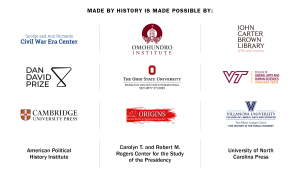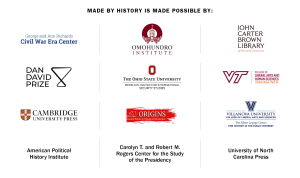The Iran-Israel ceasefire seems to be holding. Arab capitals arerelievedabout the de-escalation. But they are alsoalarmedabout what the latest flare up means for the Middle East.
When Iran signed the JCPOA nuclear deal with the Obama Administration, its reception in the Arab Gulf was, at best,frosty. The Iranian regime’s role in propping up Bashar al-Assad’s rule in Syria—one of themost devastating in modern Arab history—combined with its nefarious influence in Iraq and Lebanon, ensured that Gulf states such as Saudi Arabia, the United Arab Emirates, and Bahrain saw the dealnot as a diplomatic breakthrough, but as an endorsement of a destabilizing actor.
So when President Donald Trump withdrew from the JCPOA in 2018, these same statesapplaudedthe move. Others in the region, including Egypt and Jordan, while more muted, also expressed concern about Tehran’s regional agenda. Yet fast forward to the present and the verysamestates opposed a fight with Iran, andsupportre-engagement.
This U-Turn is not due to any newfound trust in Tehran. The Arab Gulf states, broadly speaking, remain deeply cynical about the Iranian regime. If the Islamic Republic could be replaced with something more pragmatic and less ideologically driven than Khomeini’s revolutionary doctrine, few in the Arab Gulf would mourn. But this cynicism has evolved into a pragmatic rejection of war—especially one at the behest of a belligerent Israel and a complicit Washington.
For these reasons, theoverwhelmingresponse in Arab capitals has been fierceoppositionto Israel’s strikes, and America’s bombing on June 22.
There are two core reasons for this opposition. First, these strikes are not happening in isolation. Over the past 20 months, Israel has waged adeadlyanddestructivecampaign in Gaza following theOct. 7 Hamas attack, which has brought about agenocide case at the International Court of Justice. Israel has alsoexpanded its military footprintbeyond the occupied Syrian Golan Heights, amid the chaos following the ouster of Assad. And it has struck Beirut and parts of Lebanon repeatedly, includingwithin the past week.
In short, even among states that are highly critical of Iran, there areconcernsabout an unrestrained Israel. A vision of a new regional order where Israel behaves with impunity while dictating security norms to its neighbors isprofoundly unwelcometo Arab states, including traditionally pro-Western Arab governments such as Saudi Arabia and Jordan.
The second reason is more fundamental. For decades, Arab societies have criticized the West’s selective enforcement of international norms. That includes the2003 Iraq war, Israel’s ongoingoccupation in the West Bankand Gaza, and more recently the U.S.denunciation of the ICJ caseandsanctioning of ICC judgesafter it issued arrest warrants for Israeli leaders. There is a perception that powerful Western states shield Tel Aviv from consequences.
Read More:The West Is Losing the Global South Over Gaza
To be sure, the Arab states are hardly models of legality themselves. Various U.N.reportshave repeatedly described an undemocratic region rife with issues around corruption, nepotism, and closed civil society spaces. But the powerful Western countries that erected the “rules-based” order should be exemplar pillars of it—otherwise, trust in the project altogether collapses.That’s why theU.S. bombing of Iran—using the GBU-57 Massive Ordnance Penetrator, theheaviest non-nuclear weaponin its arsenal—set a dangerous precedent. Despite the undeniable nature of Iran being a nefarious actor in the region, there wasno imminent threat,no U.N. Security Council authorization, and no widespread international consensus to engage in such a military strike.
The war between Iran and Israel is over, at least for now. Whether Iran’s nuclear program has been hobbled is a separatequestion, one thatanalystsand intelligence agencies will continue to assess in the weeks and months to come.
But something else may have also ended. A new era is emerging in the region increasingly defined by a presumption that might equals right. The consequences of this have yet to be truly understood—but there are likely to be many repercussions indeed.



